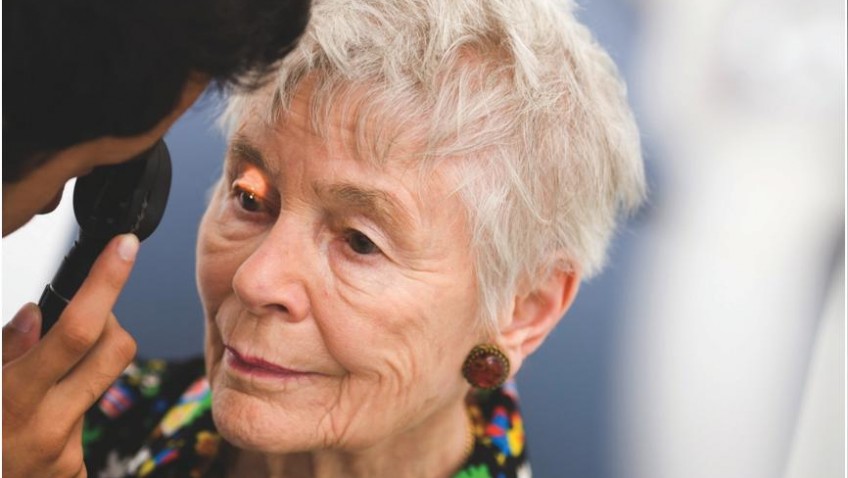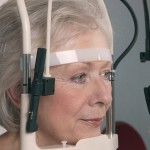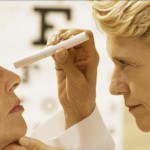With warmer weather approaching the College of Optometrists is advising people on how to keep their eyes in tip top condition while enjoying time outdoors.
Protecting your eyes in the sun is really important. UV exposure is cumulative so although you may not feel any immediate effects, you could be putting yourself at risk of long term damage.
This is because sunlight accelerates ageing of the conjunctiva (the clear membrane that covers the white of your eye) and may damage the lens and retina of the eye, potentially leading to a number of conditions such as cataracts and age-related macular degeneration (AMD), a major cause of blindness.
Sunglasses are more than just a fashion accessory; they have an important role to play in protecting our eyes from UV rays so make sure that the pair you buy are fit to do the job.
Sunglasses
• Sunglasses don’t need to be expensive, but make sure that they comply with the safety standard BS EN ISO 12312-1:2013. You can do this by making sure that they have the British Standards Kitemark, or are made by a reputable manufacturer and contain the CE mark. The CE mark is the manufacturer’s assurance that they meet European safety standards.
• Sunglasses, or wearing a wide brimmed hat, will also protect the skin around your eyes from the damaging UV rays.
• Don’t forget about children – they are more vulnerable because they have larger pupils and the lenses in their eyes transmit more light than those of older people. You can also protect children’s eyes with a hat with a wide brim.
• People who wear glasses can wear sunglasses too – sunglasses can be made up to any prescription as well as in bifocals or varifocals. If you would like more information or are not sure of the best sunglasses for you, ask your local optometrist.
• Remember, the sun doesn’t have to be shining to pose a risk to your eyes – even on overcast days you should consider wearing sunglasses to protect your eyes from UV rays, which are invisible to the human eye.
Hay fever
Don’t let hay fever hold you back from enjoying time outdoors this summer. Here are some top tips from Daniel Hardiman-McCartney, Clinical Adviser to the College of Optometrists, on protecting your eyes from that pesky pollen:
• If you wear contact lenses, ask your optometrist if you should wear them when you have hay fever, and make sure you have an up to date pair of spectacles to wear instead if needed.
• Wear wraparound sunglasses while outdoors to help protect your eyes from dust and pollen – these may also protect your eyes while gardening.
• Visit your pharmacist or optometrist to get medicated eye drops to help alleviate the itching and swelling. If you wear contact lenses remember to check if you can use the drops while your lenses are in. And remember, many drops take 1-2 weeks of constant use to help your eyes build up resistance to the pollen.
• You may find that using a cold compress helps relieve itchy, sore eyes. If you use this be careful not to get tap water in your eyes, as that may cause a serious eye infection.
Swimming
If you are swimming, sailing, water skiing or scuba diving, it’s important that you take precautions to protect your eyes. The advice below should help to keep your eyes healthy while still being able to enjoy summer sports:
• Try to wear goggles to protect your eyes in a swimming pool, as chlorine may irritate your eyes and cause redness.
• Do not swim wearing contact lenses as this increases your risk of infection from organisms in the water.
• If you normally need contact lenses or spectacles you can buy prescription swimming goggles at a modest cost.
Now let’s hope we get plenty of sunshine this summer and enjoy the weather safely and comfortably.
by Tina Foster




